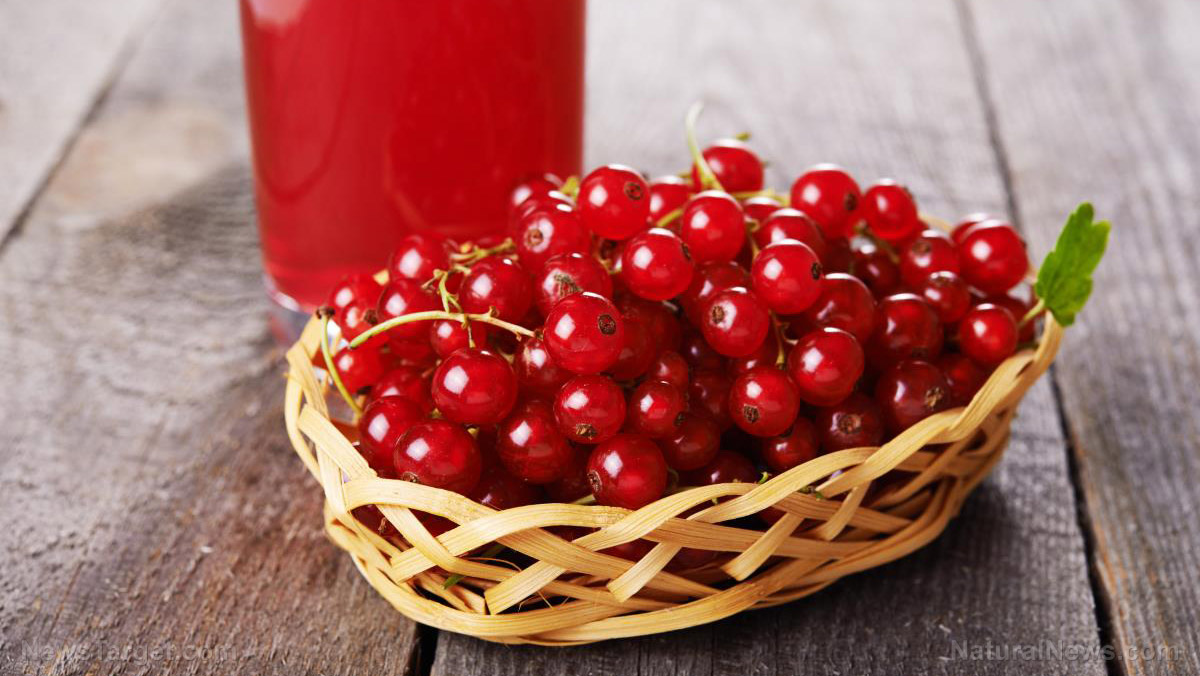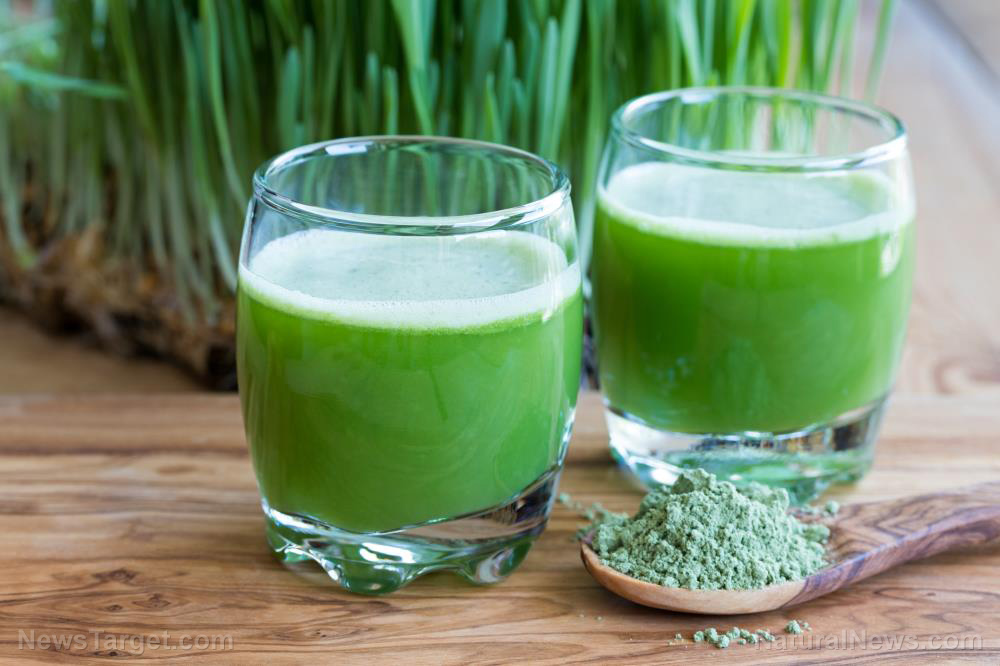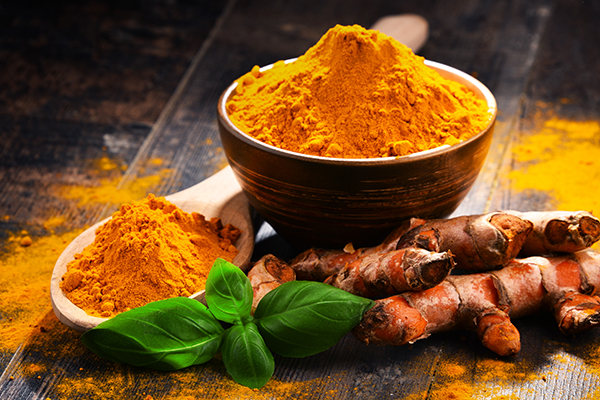
Like their close cousin the blueberry, cranberries are considered "false berries" owing to the fact that they grow beneath flowers instead of from the flowers themselves. True berries, according to the traditional botanical definition, are seedy fruits that grow from a flower with a single ovary.
Despite not being true berries, both blueberries and cranberries are unbelievably nutritious and have been found to offer several health benefits. One of the most extensively studied benefits of cranberries is their ability to lower one's risk of urinary tract infection (UTI). (Related: Naturally occurring plant carbohydrate in cranberries could help prevent UTI.)
Cranberries are a rich source of polyphenols with antioxidant and anti-adhesion properties
North American cranberries (Vaccinium macrocarpon) have a sharp, sour taste, which is why they are rarely eaten raw. They are often consumed in the form of juice or included in sauces, or dried and turned into supplements.
According to studies, drinking cranberry juice can help increase good cholesterol levels, reduce bad cholesterol and lower blood pressure. It can also help prevent stomach cancer and ulcers by suppressing the growth of Helicobacter pylori, the bacterium that causes both.
A study published in FEMS Immunology & Medical Microbiology reported that a high molecular mass component of cranberry juice can inhibit the adhesion of H. pylori to the stomach's lining, which effectively prevents infection by this bacterium.
This beneficial component of cranberry juice was later identified to be polyphenols, of which cranberries have an abundance. In an analysis of the total phenolic content of 20 common fruits, which included red grapes, apples, strawberries, bananas, lemons, oranges, cranberries and grapefruit, cranberries were found to have the highest phenolic content as well as the highest antioxidant activity.
Recent clinical trials suggest that the cranberry polyphenols responsible for inhibiting H. pylori infections are the A-type proanthocyanidins (PACs). Compared to PACs found in other fruits and vegetables, cranberry PACs have a different chemical structure and are known for their anti-adhesion properties, which work well to prevent bacterial infections.
According to a study published in the journal Phytochemistry, the A-type PACS in cranberries are effective at inhibiting the adhesion of Escherichia coli to the inner surface of the urinary tract. E. coli is an intestinal bacterium that can cause serious infections and is said to be responsible for most cases of UTI.
Cranberries found to reduce the risk of UTI
A group of Australian researchers recently updated their study, which first appeared in 1998 in the Cochrane Database of Systematic Reviews. The study looked into the effectiveness of cranberry products in preventing UTIs in susceptible populations.
Individuals prone to developing UTIs include women of any age, especially those going through menopause; pregnant women; children; hospitalized patients; and institutionalized adults.
The update included 26 new studies or randomized controlled trials that compared the effects of cranberry products with those of a placebo; no specific treatment or other interventions, such as antibiotics and probiotics.
After reviewing new clinical trial results, the researchers found that cranberry juice and supplements (tablets or capsules) helped reduce the risk of UTIs in children, women with recurrent UTIs and people who are at greater risk of developing UTI due to a medical intervention, such as bladder radiotherapy. However, they did not find enough information to determine if cranberry products are more or less effective than antibiotics and probiotics.
Although cranberries did little for elderly institutionalized men and women, pregnant women and adults with neuromuscular bladder dysfunction and incomplete bladder emptying, the study noted that cranberries were well-tolerated by participants, and very few reported any side effects, with the most common complaint being tummy pain.
"These data support the use of cranberry products to reduce the risk of symptomatic, culture?verified UTIs in women with recurrent UTIs, in children, and in people susceptible to UTIs following interventions," the researchers concluded in their report.
In an earlier update in 2008, the researchers reviewed 10 trials that involved a total of 1,049 participants. They found that over a 12-month period, participants who took cranberry products experienced a 35 percent reduction in the overall incidence of UTIs.
Similar to their latest report, they noted that cranberries appeared to be more effective at reducing UTI risk in women with recurrent symptomatic infections than in older adults. Cranberries also did not help people with bladder problems caused by interventions such as catheterization.
On the other hand, trial results revealed that consuming cranberries can cut the annual rate of new infections by 39 percent in women with recurrent symptomatic UTIs, suggesting that the anti-adhesive activities of cranberry compounds offer significant protection against E. coli infections in the bladder or urinary tract.
Oligosaccharides in cranberries also have anti-adhesion properties
Contrary to popular belief, drinking cranberry juice does not kill the bacteria that cause UTI -- it only helps flush them out of the body. Research also reveals that the A-type PACs in cranberries are not the only compounds responsible for the fruit's beneficial effects against UTI.
An earlier study published in the Journal of Natural Products analyzed the urine of adult female sows that were fed cranberry powder. The researchers noted that urine produced after consumption of cranberry juice was found to contain anti-adhesive metabolites that can prevent E. coli adhesion to the bladder and urinary tract. (Related: Have bacteria in your urine? Hold on, it might not be UTI.)
The researchers analyzed fractions of the urine they obtained from the sows and isolated compounds that showed anti-adhesion activity. They found that active urine fractions contained a complex series or oligosaccharides -- a type of carbohydrate -- that appeared to be responsible for the beneficial property.
Further analysis allowed them to isolate a single representative, arabinoxyloglucan octasaccharide, that they believe contributes to the anti-adhesion activity of cranberries. The researchers noted that a similar complex series of arabinoxyloglucan oligosaccharides have been found in raw cranberry samples.
"These results indicate that oligosaccharides structurally related to those found in cranberry may contribute to the antiadhesion properties of urine after cranberry consumption," the researchers wrote in their report.
Cranberries are a rich source of antioxidants and essential nutrients and offer plenty of other benefits besides preventing UTI. Learn more about cranberries and other superfruits at Fruits.news.
Watch this video to learn more about the health benefits of cranberries.
This video is from the Natural News channel on Brighteon.com.
More related stories:
Cranberries improve oral health, study concludes.
Cranberries prevent cancer and many other chronic diseases.
Cranberries offer an excellent way to boost your health, say nutrition researchers.
Cranberries are a great addition to the diets of pregnant women, thanks to antibacterial properties.
Skip the antibiotics: How to self-treat a UTI.
Sources include:
Please contact us for more information.






















